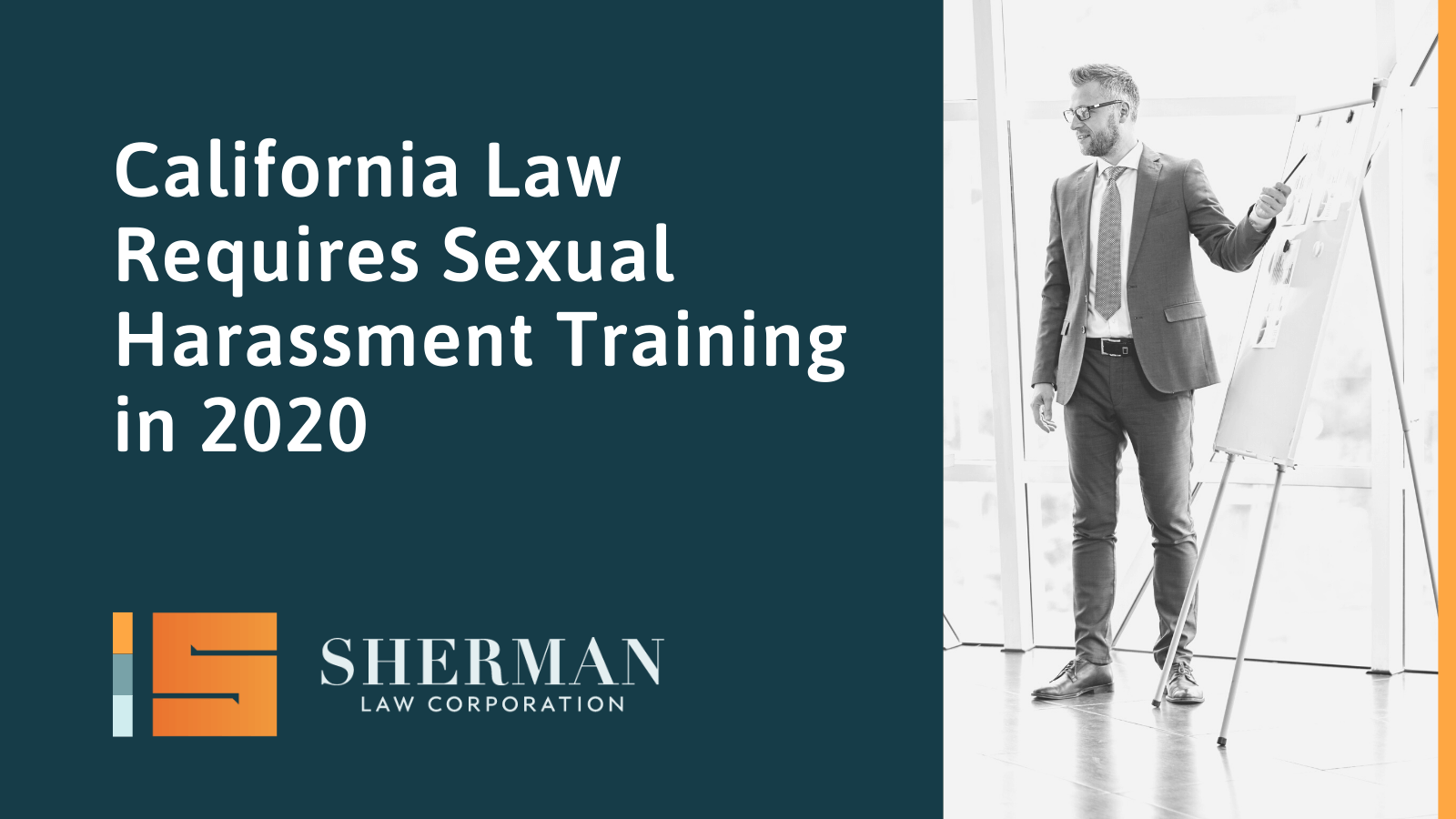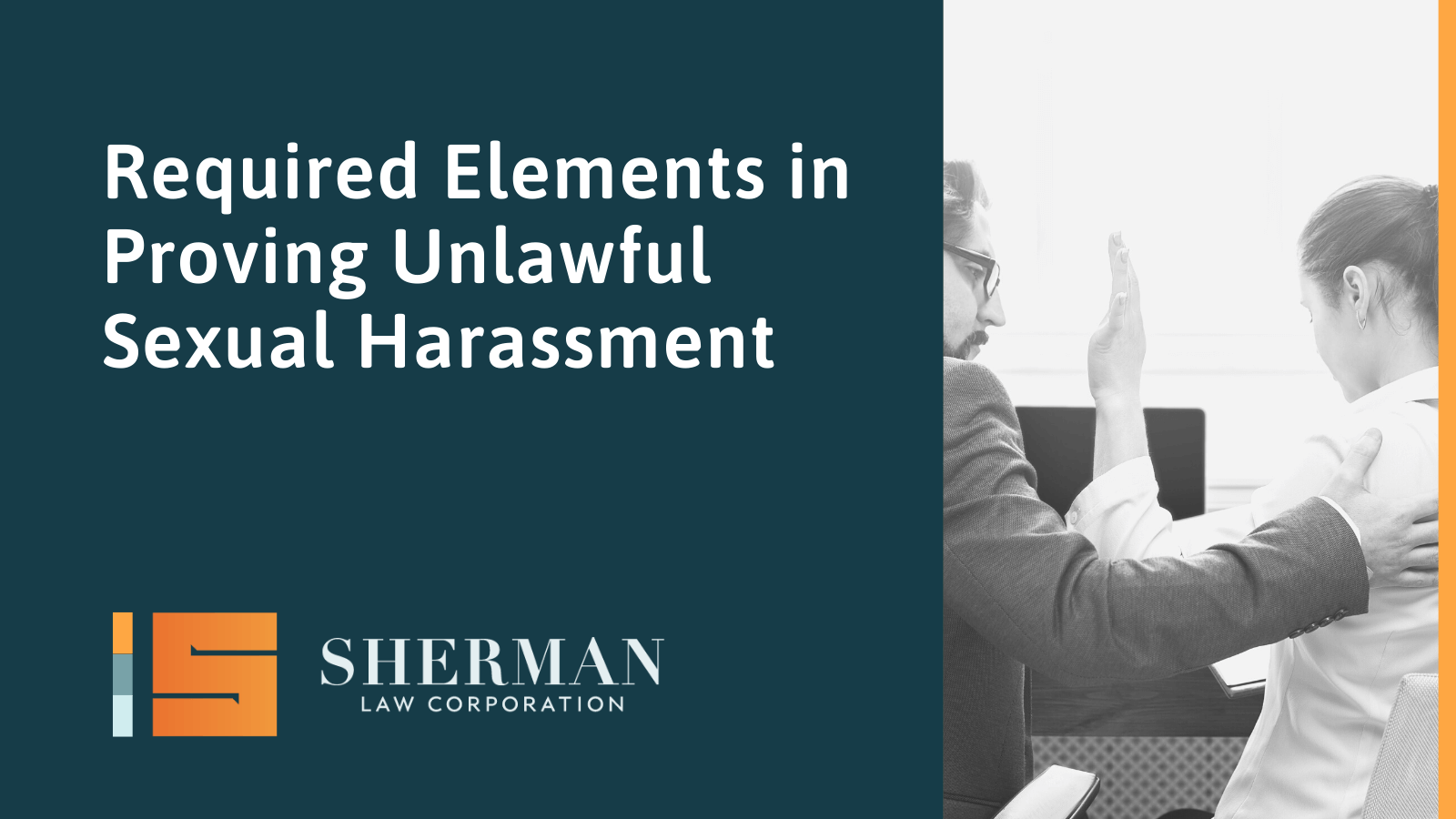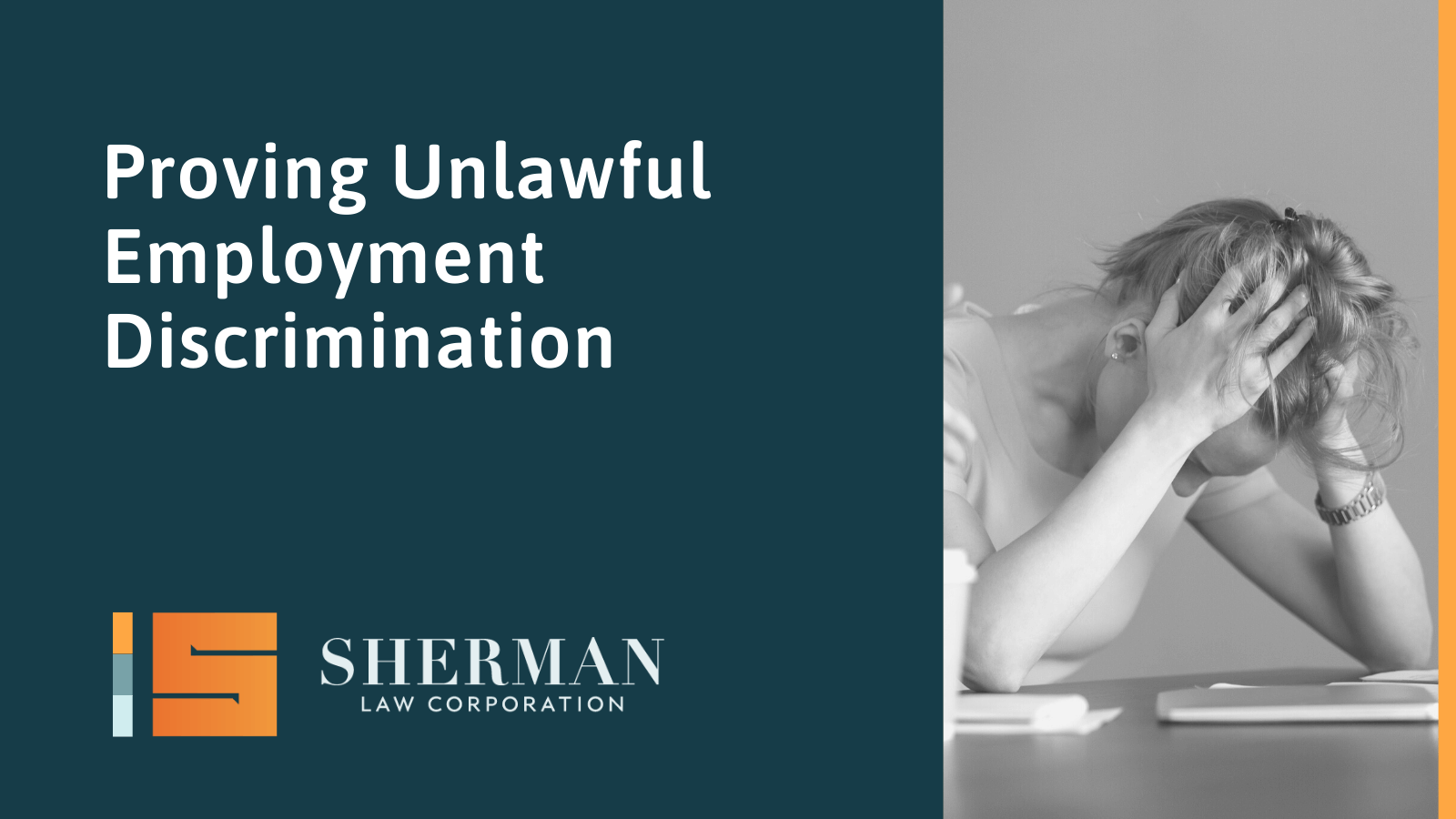
In late 2018, Governor Brown signed SB 1343, a new California law which now requires California employers regularly employing five or more persons to provide two hours of sexual harassment training to its supervisors and one hour of sexual harassment training to all other employees no later than January 1, 2020 and every two years thereafter. We have compiled a list of 8 frequently asked questions regarding this new law.
- Who Qualifies as a Supervisor? A supervisor is someone who has the authority to hire, fire, assign, transfer, discipline or reward other employees or who may recommend these actions and uses independent judgment.
- How is “Employer” defined under the new law? An “employer” is defined under the new law as any person regularly employing five or more persons or regularly receiving the services of five or more persons providing services pursuant to a contract, or any person acting as an agent of an employer, directly or indirectly, the state, or any political or civil subdivision of the state, and cities. Therefore, this would include independent contractors.
- What types of employees are required to participate in training and by when for new employees or supervisors? These requirements apply to both full-time, part-time, temporary and seasonal employees. The training is required to start within six months of the employee’s assumption of a position.
- Who is required to provide training to temporary employees? The client is not actually on the hook to provide temporary employees with training; this requirement lies with the temporary agency. Beginning 1/1/20, the temporary agency employer must provide sexual harassment prevention training for temporary and seasonal employees within 30 calendar days after the hire date or within 100 hours worked if the employee will work for less than six months.
- Is there are a particular format in which the training must be delivered? The sexual harassment prevention training must be provided in a classroom setting, through a live presentation, interactive e-learning or a live webinar. If employers use e-learning training, the training must provide instruction on how to contact a trainer who can answer questions of trainees within two business days.
- What content is required under the new law? The training should include information and practical guidance on the federal and state provisions on the prohibition against and the prevention of sexual harassment, as well as, all available remedies. California’s Department of Fair Employment and Housing requires trainings to explain the legal definition of sexual harassment under state and federal law; provide examples of conduct which may constitute unlawful sexual harassment; supervisors’ obligations to report harassment; limited confidentiality of the complaint process to those with a need-to-know; methods in which employers must institute corrective action upon finding unlawful harassment; and what to do if a supervisor is personally accused of harassment. In addition, the training must also address “abusive conduct” under California Government Code Section 12950.1(g)(2), and harassment based on gender identity, gender expression and sexual orientation.
- Who Qualifies as a Trainer under the new law? Trainers are limited under California law to three types of individuals: (1) attorneys who have been members of any state bar for at least two years and whose practice includes employment law under the Fair Employment and Housing Act (“FEHA”) or Title VII of the federal Civil Rights Act of 1964; (2) human resource professionals or harassment prevention consultants with at least two years of practical experience in discrimination or training on discrimination, retaliation and sexual harassment prevention and/or investigating, responding to, or advising regarding sexual harassment, discrimination or retaliation; or (3) law school, college, or university instructors with a post-graduate degree or California teaching credential and either 20 hours of instruction about employment law under FEHA or Title VII.
- Is a covered Employer required to Pay for the time spent training Non-Exempt Employees? Yes. it is the employer’s—not the employee’s—responsibility to provide the required training, including any costs that may be incurred. This language also makes clear that employees may not be required to take such training during their personal time; the training must be “provided” by the employer as part of an individual’s employment.
Sherman Law Corporation has conducted sexual harassment training for over 20 years offering flat rates to its clients for this service. For more information on retaining SLC to comply with SB 1343, please call Lisa Sherman at lisa@sherm-law.com or at (323) 488-2087 for more information.




